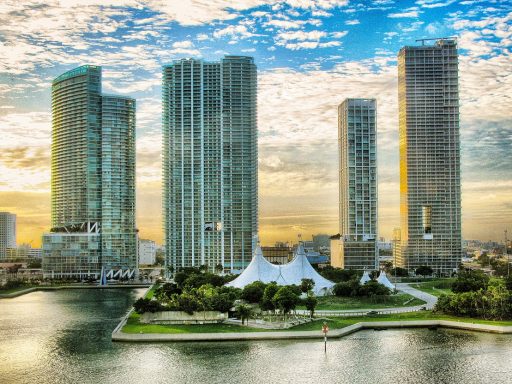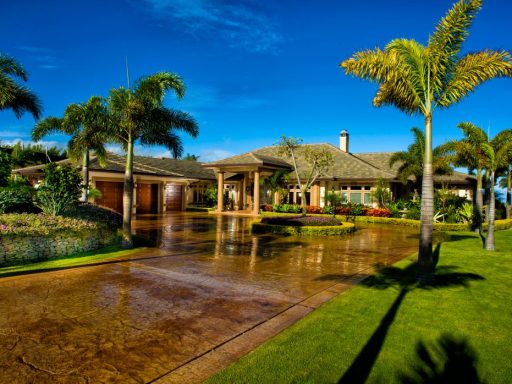Cape Town’s dhk, a leading architectural firm, emerges victorious in the competition to craft the Wangari Maathai Institute for Peace and Environmental Studies in Kenya. The esteemed design, unveiled by Dr. Achim Steiner, UNEP’s executive director, and Dr. Reuben Mutiso, chairman of the international jury, promises to be a groundbreaking ‘Green Campus.’
Table of Contents
ToggleAn Oasis of Sustainability
Nestled on a lush and sloping 50-acre site at the University of Nairobi Kabete campus, the Wangari Maathai Institute (WMI) aspires to be a hub for natural resource management and sustainable development education. The brainchild of Noble Peace Prize Laureate Prof Wangari Maathai, the institute aims for almost complete carbon neutrality and self-sufficiency, setting new standards in sustainable architecture.
Dhk’s Triumph and Vision
Dhk director Peter Stokes expresses overwhelming gratitude for the opportunity to design this prestigious institute. The consortium, including Land Use Consultants (UK), Turner Townsend, and the WSP Group, is commended for their collaborative effort. The boldness and thoroughness of dhk’s design, from concept to detail, receive praise in the jurors’ report.
Innovative Land Use and Sustainable Design
The jury, captivated by dhk’s innovative land use master plan and meticulous attention to ecological and sustainable design, unanimously selects the winning proposal. Dr. Justin Snell of dhk, leading the design team, emphasizes the integrated approach, combining land management, architecture, and engineering. The institute’s strategic location, respecting agricultural value while embracing the surrounding landscape, reflects core sustainable management principles.
A Symbolic Space: Cultures of Peace
Central to dhk’s design is a welcoming and dignified democratic space, sheltered by a distinctive tensile canopy roof supported by tripod ‘tree-like’ columns. This design pays homage to the Green Belt Movement (GBM) and the principles held dear by Wangari Maathai, encapsulating ‘democratic space,’ ‘sustainable and accountable management,’ and ‘cultures of peace.’
Educational and Practical Landscape
The ‘Green Campus’ isn’t just a structure; it’s a dynamic educational landscape showcasing sustainable techniques in resource management, agriculture, and production. Land Use Consultants, also behind the Eden Project in Cornwall, laud the design for its commitment to sustainable human development through peace and democracy.
African Architecture with Purpose
Derick Henstra, chairman of dhk Architects, emphasizes the gratification of contributing to sustainable and environmentally responsible architecture in Africa. The design seeks to serve the people and communities while safeguarding natural resources for future generations.
Visionary Jury and Collaborators
The jury, featuring esteemed architects and professionals, including Dr. Gideon Mutemi Mulyungi, Steven Oundo, Dr. Sylvester Masu, and Priyanka Kochhar, recognizes the institute’s potential impact. The collaborative effort with Land Use Consultants, known for the Eden Project, adds credibility to the design’s commitment to sustainability.
In crafting the Wangari Maathai Institute, dhk Architects transcend conventional architectural boundaries, laying the foundation for a sustainable, educational, and culturally significant institution that reflects Africa’s commitment to a greener future.





